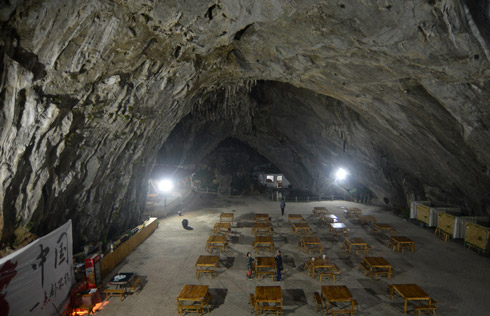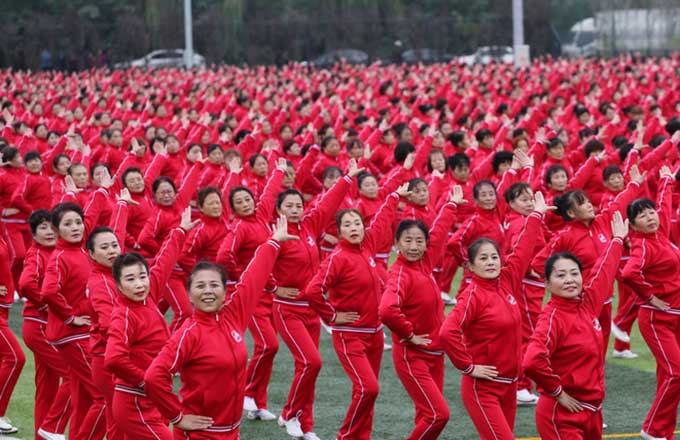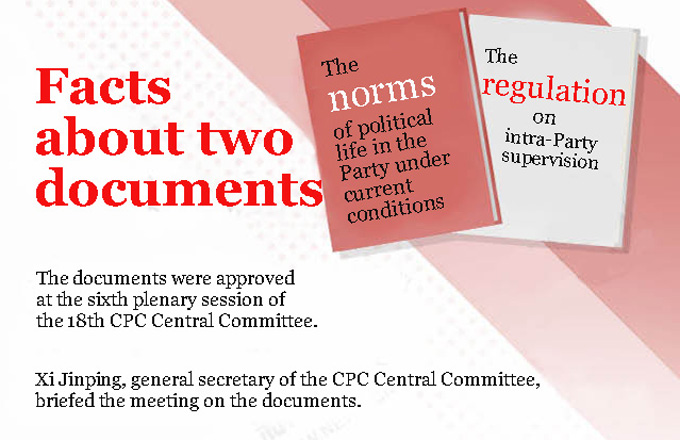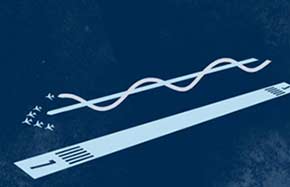Guideline sets out measures to oversee judicial personnel
A guideline to establish a system of disciplinary measures for judicial personnel has been issued, a move designed to address violations of law and dereliction of duty among judges and prosecutors.
The document, published on the website of the Supreme People's Court on Tuesday, provides experimental guiding principles to courts and procuratorates at all levels across the country as a means to address errors, incompetence and dereliction of duty among judges and prosecutors.
A means to file grievances for those being investigated for alleged misconduct or wrongdoings was also stipulated in the document.
A committee on judicial discipline is required to be set up at courts and procuratorates at the provincial level as well as in autonomous regions and municipalities.
The office of the committee will be set up at the high people's courts and procurator-ates at the provincial level.
The decision on misconduct cases, including dereliction of duty, must be made by more than two-thirds of all members of the committee.
Judges and prosecutors determined to be deliberately making wrong decisions in court cases that have brought severe consequences will face disciplinary measures.
Punishments include suspension, deferred promotion, removal from their posts, resignation and termination of employment.
"The decision to set up a committee on judicial discipline is of great significance in preventing judiciary power being misused," said Jiang Ming'an, a law professor of the Constitution and administrative law at Peking University.
Jiang said more-detailed regulations should be made regarding the punishment of judiciary personnel who are guilty of misconduct.
"For example, the criterion for 'major mistakes' made by judges and prosecutors should be more specific. The consequences brought by such mistakes, therefore, need to be narrowed down, too."
The committee on judicial discipline was set up in Qinghai province on Wednesday last week. It is comprised of 15 members including one director and four deputy directors.
The need for an accountability system for judicial personnel has become more urgent as a few wrong court rulings had been exposed in the past couple of years.
In the latest case, 27 judiciary staff were punished in January for a wrong decision that resulted in the execution of an innocent teenager in the Inner Mongolia autonomous region in April 1996.
Hugjiltu, the teenager, was executed for murder and rape, but was declared innocent in December 2014, when it was announced that he was wrongfully convicted.



















